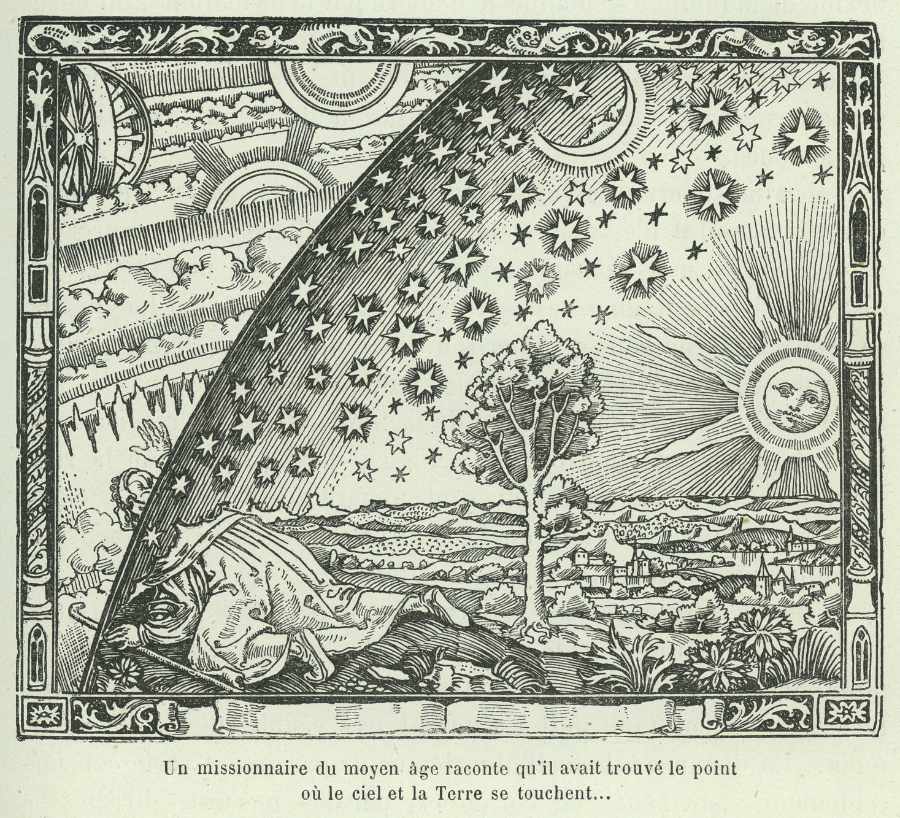In ancient cosmologies, the Empyrean Heaven, or simply the Empyrean, was the place in the highest heaven, which was supposed to be occupied by the element of fire (or aether in Aristotle’s natural philosophy). The word derives from the Medieval Latin empyreus, an adaptation of the Ancient Greek empyros, meaning “”in or on the fire (pyr)””. The Empyrean was thus used as a name for the incorporeal “”heaven of the first day””, and in Christian literature for the dwelling-place of God, the blessed, celestial beings so divine they are made of pure light, and the source of light and creation. Notably, at the very end of Dante’s Paradiso, Dante visits God in the Empyrean. The word is used both as a noun and as an adjective, but empyreal is an alternate adjective form. The scientific words empyreuma and empyreumatic, applied to the characteristic smell of the burning or charring of vegetable or animal matter, have the same Greek origin.
| Alias The Empyrean |
| Real Names/Alt Names N/A |
| Characteristics Biblical Figures, Prehuman Epoch |
| Creators/Key Contributors Gustave Doré, ○ |
| First Appearance Greek mythology |
| First Publisher ○ |
| Appearance List On the Heavens (c. 350 BCE) by Aristotle, Fragments (3rd–2nd century BCE) by Chrysippus, The First Epistle to the Corinthians (c. 50s CE, attributed to Paul the Apostle), Apocalypse of Paul / Visio Pauli (4th century CE), De Civitate Dei / The City of God (c. 426 CE) by Augustine of Hippo, Etymologiae (c. 600–625 CE) by Isidore of Seville, Summa Theologica (1265–1274 CE) by Thomas Aquinas, The Divine Comedy: Paradiso (1320 CE) by Dante Alighieri [Wiki], “Empyrean” in Encyclopædia Britannica vol. 9 (11th ed.) p. 362 (1911) [Wikisource] |
| Sample Read The Divine Comedy [PG] |
| Description In ancient cosmologies, the Empyrean Heaven, or simply the Empyrean, was the place in the highest heaven, which was supposed to be occupied by the element of fire (or aether in Aristotle’s natural philosophy). The word derives from the Medieval Latin empyreus, an adaptation of the Ancient Greek empyros, meaning “”in or on the fire (pyr)””. The Empyrean was thus used as a name for the incorporeal “”heaven of the first day””, and in Christian literature for the dwelling-place of God, the blessed, celestial beings so divine they are made of pure light, and the source of light and creation. Notably, at the very end of Dante’s Paradiso, Dante visits God in the Empyrean. The word is used both as a noun and as an adjective, but empyreal is an alternate adjective form. The scientific words empyreuma and empyreumatic, applied to the characteristic smell of the burning or charring of vegetable or animal matter, have the same Greek origin. |
| Source Empyrean – Wikipedia |


